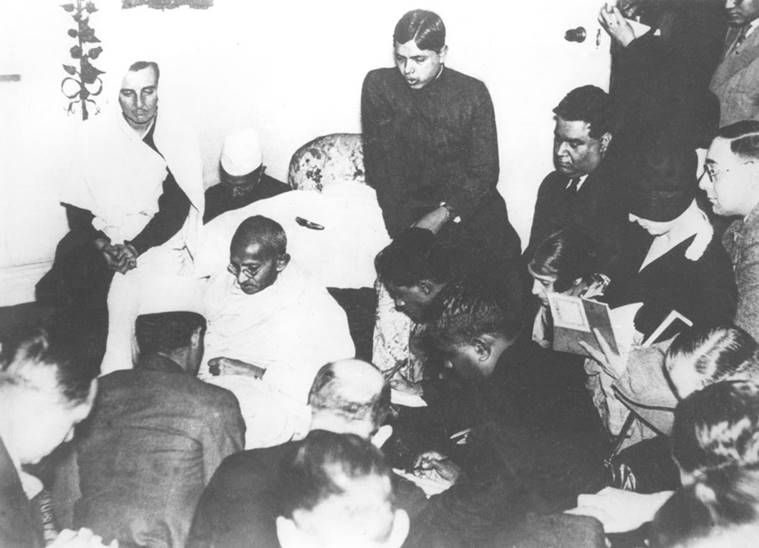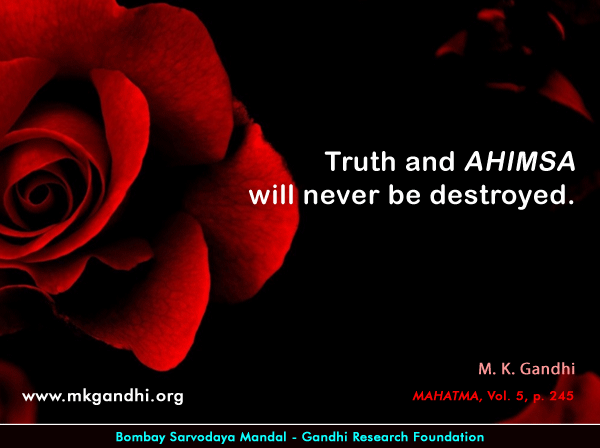Thursday, October 5, 2017
Wednesday, October 4, 2017
Tuesday, October 3, 2017
Monday, October 2, 2017
When Mahatma Gandhi was welcomed by textile mill workers of Lancashire
When Mahatma Gandhi was welcomed by textile mill workers of Lancashire
During his visit to Lancashire, England in 1931 Gandhi was mobbed - not with anger but with admiration - by the same community of weavers who had lost their jobs due to the Indian National Congress' boycott of British goods.

A crowd numbering three to four thousand people assembled at Darwen Station... when the train was heard to be entering the station, there was babel of eager voices, and every eye was focused on the station exit, but hopes were quickly dashed to the ground and the crowd was greatly disappointed when the first passenger to see the gathering shouted, “You all can go home. He got off at Spring Vale [sic]”. - The Darwen News, September 26, 1931
The eagerly awaited visitor above is Mohandas Karamchand Gandhi; Darwen and Springvale were textile towns in Lancashire, England and the year was 1931 when Gandhi had been visiting England for the second Round table conference to discuss India’s future, as the sole representative of the Indian National Congress.
If one recalls, British cloth was burnt in heaps during the Non Cooperation and Civil Disobedience movements. And most likely, Lancashire would have been the place of its manufacture. Since the nineteenth century Lancashire had been the site of the world’s premier cotton-goods industry. The weaving towns of the region had flourished through trade, as the British empire had provided ever expanding markets for the goods produced by these cotton mills, along with ensuring a ready supply of cheap, raw cotton.
The eagerly awaited visitor above is Mohandas Karamchand Gandhi; Darwen and Springvale were textile towns in Lancashire, England and the year was 1931 when Gandhi had been visiting England for the second Round table conference to discuss India’s future, as the sole representative of the Indian National Congress.
If one recalls, British cloth was burnt in heaps during the Non Cooperation and Civil Disobedience movements. And most likely, Lancashire would have been the place of its manufacture. Since the nineteenth century Lancashire had been the site of the world’s premier cotton-goods industry. The weaving towns of the region had flourished through trade, as the British empire had provided ever expanding markets for the goods produced by these cotton mills, along with ensuring a ready supply of cheap, raw cotton.
READ FULL ARTICLE
CELEBRATING 148TH BIRTH ANNIVERSARY OF MAHATMA GANDHI AND INTERNATIONAL NON-VIOLENCE DAY
Sunday, October 1, 2017
Subscribe to:
Comments (Atom)




